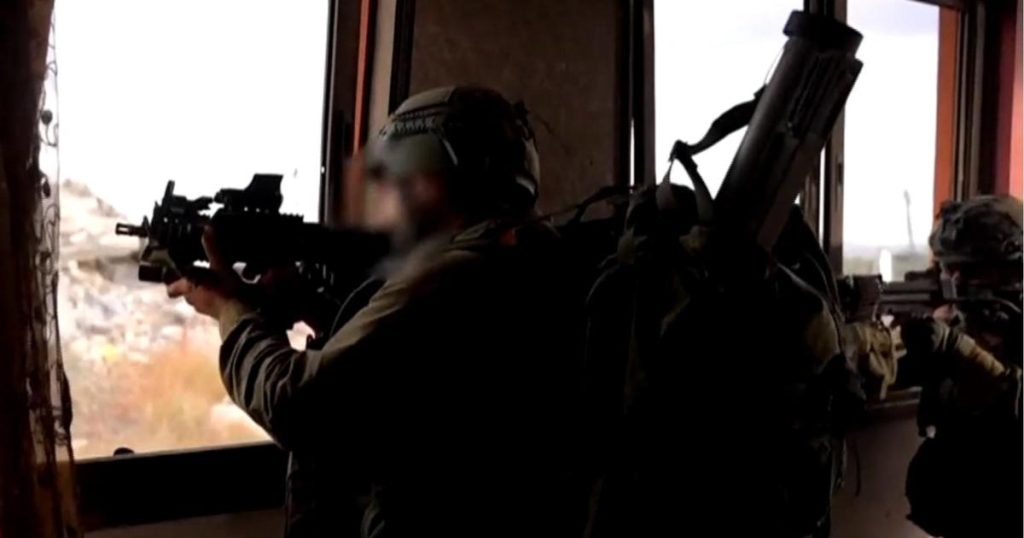The U.S. Secretary of State, Antony Blinken, submitted a report to Congress regarding Israel’s military operations in Gaza, which found no violations of humanitarian law by Israel. However, the report suggested that some U.S. weapons may have been used in ways that are “inconsistent” with international laws. This report raises concerns about the potential misuse of American-made weapons in conflicts such as the one in Gaza.
The investigation conducted by the State Department concluded that while Israel did not violate humanitarian laws, there is reason to believe that U.S. weapons may have been used in manners that go against international laws. This finding highlights the importance of ensuring that U.S. weapons are not being used in ways that could contribute to human rights violations in conflict zones. It also underscores the need for stricter oversight and accountability measures when it comes to arms sales and transfers.
The report raises questions about the accountability of both Israel and the U.S. in ensuring that weapons are not used in ways that violate international laws. It also sheds light on the complexities of supplying arms to allies who may use them in ways that are inconsistent with global norms. This report adds to the ongoing debate about the ethical implications of arms sales and the responsibility of governments to ensure that weapons are not used in ways that harm civilians or violate international laws.
The findings of the report suggest that greater transparency and oversight are needed in the arms trade to prevent weapons from being used in ways that are inconsistent with international laws. It also highlights the need for stronger regulations and monitoring mechanisms to ensure that U.S. weapons are not contributing to human rights violations or violations of international humanitarian laws. These findings underscore the importance of ensuring that arms sales are conducted in a manner that upholds global norms and values.
Overall, the report highlights the challenges and complexities of arms sales and transfers, especially when U.S. weapons are used in conflicts that raise concerns about potential violations of international laws. It underscores the need for greater accountability and oversight in the arms trade to prevent weapons from being used in ways that harm civilians or violate human rights. As the U.S. continues to navigate its role in global conflicts, reports like this serve as a reminder of the importance of upholding international laws and norms in the sale and use of weapons.


